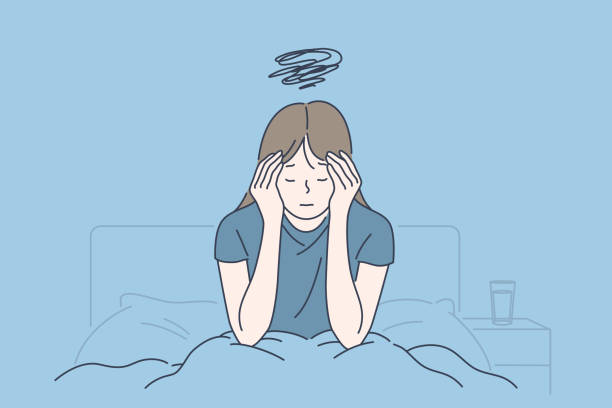Chronic pain and depression often go hand in hand, creating a vicious cycle that can significantly impact an individual’s quality of life. Understanding the connection between these two conditions is crucial for developing effective treatment plans and improving patient outcomes.
Understanding Chronic Pain
Chronic pain is defined as pain that lasts for more than three months. Unlike acute pain, which serves as a warning signal for injury, chronic pain persists long after the initial injury has healed. This persistent pain can stem from various conditions, such as arthritis, fibromyalgia, and nerve damage. The continuous discomfort and physical limitations caused by chronic pain can lead to significant emotional distress.
The Impact of Chronic Pain on Mental Health
The relationship between chronic pain and depression is bidirectional. Chronic pain can lead to depression, and depression can exacerbate the perception of pain. When an individual is in constant pain, it can limit their ability to engage in daily activities, hobbies, and social interactions. This isolation and reduction in quality of life can contribute to feelings of sadness, hopelessness, and depression.
Biological Links Between Chronic Pain and Depression
There are biological factors that link chronic pain and depression. Both conditions involve similar pathways in the brain and share common neurotransmitters, such as serotonin and norepinephrine. This overlap suggests that treating one condition could potentially alleviate symptoms of the other. Medications like Codeine Phosphate Tablets are often prescribed to manage pain, but they may also have an impact on mood due to their influence on brain chemistry.
The Role of Inflammation
Recent research has highlighted the role of inflammation in both chronic pain and depression. Chronic pain conditions are often associated with increased levels of inflammatory markers in the body. Similarly, individuals with depression may exhibit elevated inflammatory markers. This shared characteristic suggests that inflammation could be a common pathway linking the two conditions, offering new avenues for treatment.
Treating Chronic Pain and Depression
Effective treatment for individuals suffering from both chronic pain and depression requires a comprehensive approach. Medications such as Pregabalin Tablets for Nerve Pain can be beneficial for managing neuropathic pain, which is often resistant to other treatments. Additionally, antidepressants, cognitive-behavioral therapy (CBT), and physical therapy can be integrated into the treatment plan to address both the physical and emotional aspects of these conditions.
The Importance of a Multidisciplinary Approach
A multidisciplinary approach is essential for managing chronic pain and depression. This approach involves a team of healthcare providers, including physicians, psychologists, physical therapists, and pain specialists, working together to create a tailored treatment plan. This collaboration ensures that all aspects of the patient’s condition are addressed, leading to better overall outcomes.
Lifestyle Modifications
In addition to medical treatments, lifestyle modifications can play a significant role in managing chronic pain and depression. Regular physical activity, a balanced diet, and adequate sleep are crucial for overall well-being. Mindfulness practices, such as meditation and yoga, can also help reduce stress and improve mood, providing relief from both chronic pain and depression.
The Role of Support Systems
Support from family, friends, and support groups can be invaluable for individuals dealing with chronic pain and depression. Having a strong support system can provide emotional comfort, practical assistance, and a sense of belonging, which are all essential for coping with these challenging conditions. Encouraging open communication and understanding within these support networks can make a significant difference in the individual’s journey towards better health.
The Future of Treatment
Advancements in medical research are continually providing new insights into the connection between chronic pain and depression. Future treatments may involve more personalized approaches, targeting specific biological pathways and utilizing cutting-edge technologies. As our understanding of these conditions grows, so does the potential for developing more effective and holistic treatment options.
Conclusion
Chronic pain and depression are intricately linked, creating a complex interplay that requires comprehensive and multidisciplinary management. By addressing both the physical and emotional aspects of these conditions, individuals can achieve better health outcomes and an improved quality of life. For more information on managing these conditions and accessing effective treatments, visit directpilluk.com

